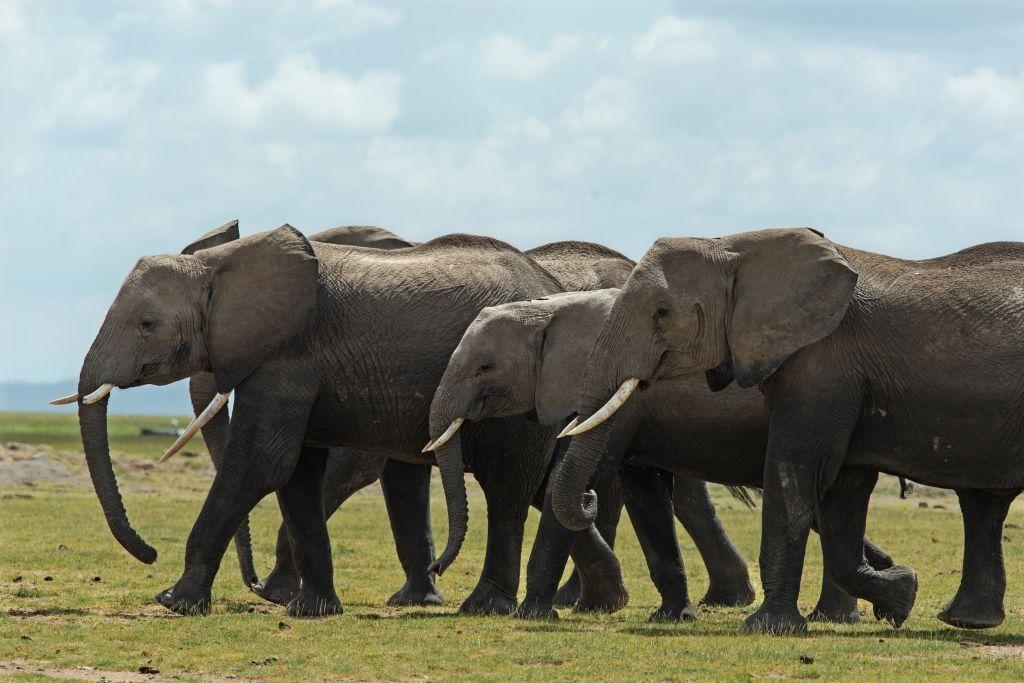African elephants use their unique sense of smell to communicate, distinguish their mates and outsiders, and maintain social cohesion.
These are the findings of a group of researchers from the University of Queensland, who found that smell was used to distinguish characteristics including age, health, reproductive status, location, identity, social status and family relationships between elephants.




